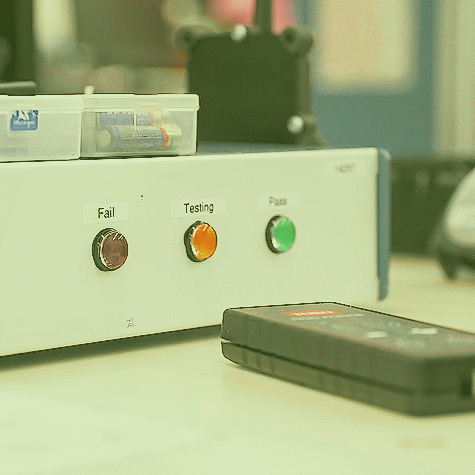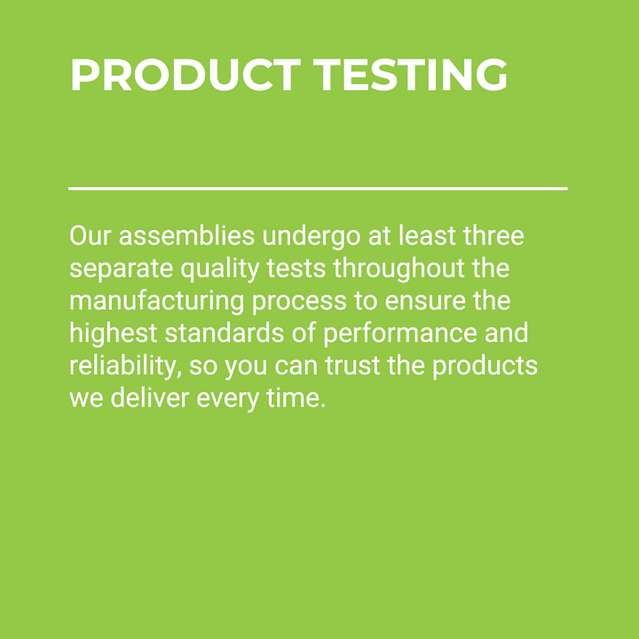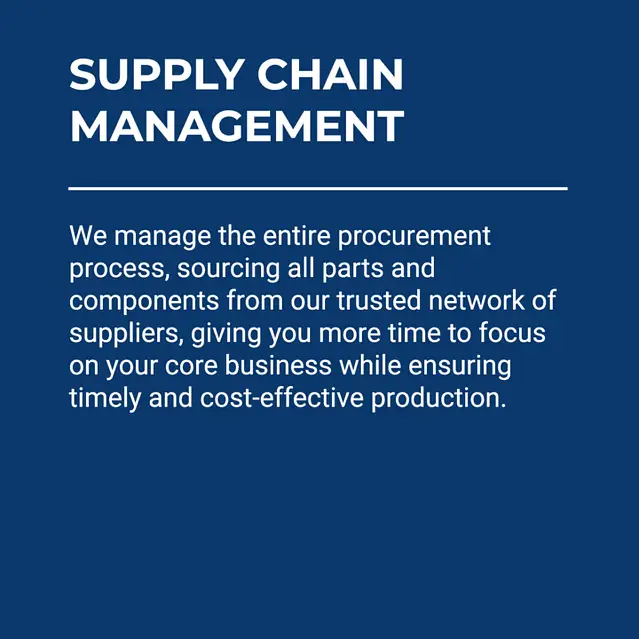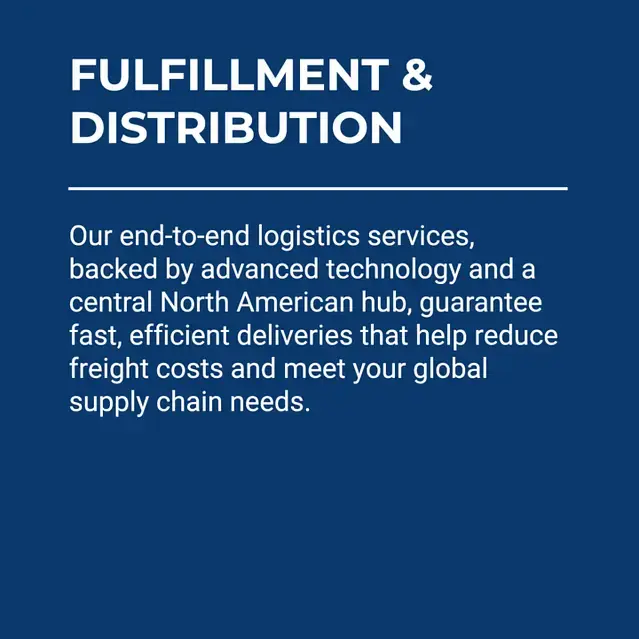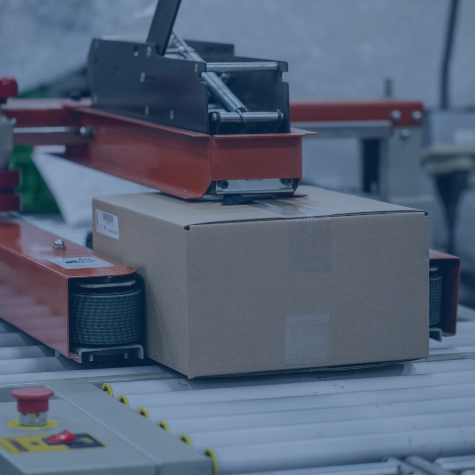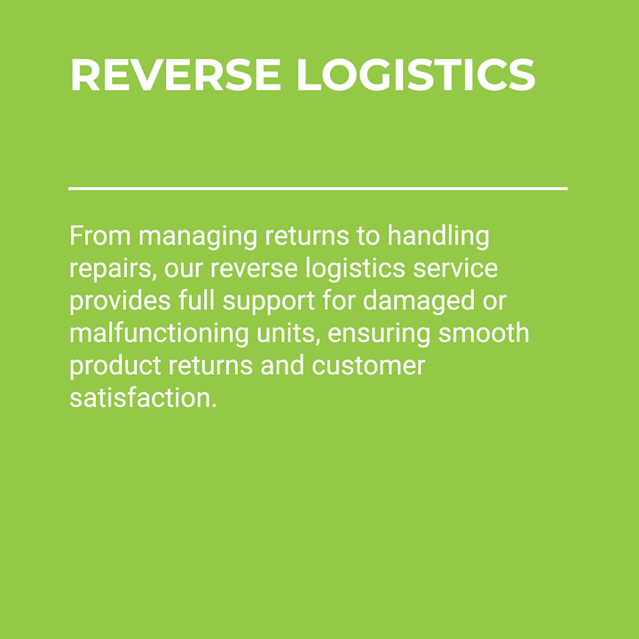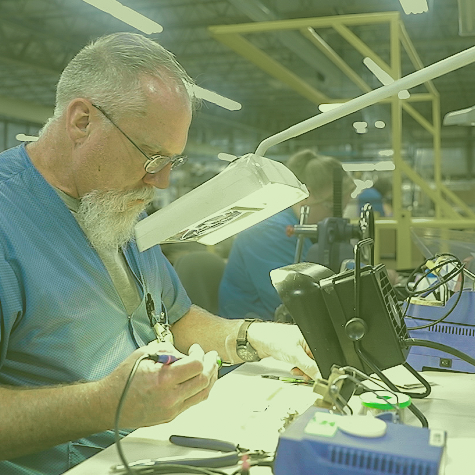One of the critical elements of working with a contract manufacturer is to match their skill set to your particular needs. Often, the certifications, training and experience that a contract manufacturer has shaped the specific skills that a contract manufacturer brings to their craft. As a result, each contract manufacturer will have a unique imprint on the work they deliver.
That is where the differences lie. And it’s crucial to closely assess these differences to be sure you’re getting the skillset that best fits the jobs you need done.
Work Experience
When you have decided that you would like a particular subassembly to be manufactured outside of your plant, one of the first things to find out is whether or not your candidate contractor has done this type of work before.
While it is rare that a supplier has made precisely the same deliverable (whether software or hardware) before, they likely have done something similar. It’s up to you to assess if their experience is similar enough to translate to your project.
Make sure you closely analyze what each contract manufacturer brings to the table before making your decision.
Skill with Specialized Equipment
You can tell a lot about the capabilities of a contract manufacturer by looking at the pieces of capital equipment they have invested in. The more invested a company is in specific industries, the more vertically integrated they are likely to be.
For example, at RiverSide Integrated Solutions (RIS) we have targeted printed circuit board assembly (PCBA) as one of our areas of expertise. As a result, our potential customers will expect that we have pick-and-place equipment, the ability to produce RoHS-compliant electronic assemblies and a way to encapsulate board assemblies. All are standard in-house equipment.
You should also look at what a contract manufacturer invests in that goes above and beyond the standard. RIS invests heavily in staying at the cutting edge of technology for PCBA. We have state-of-the-art selective soldering machines, Smart Shelving and X-Ray Reel Counter.
Suppose your project requires specialized equipment critical to producing a reliable part. In that case, you should ask where and how they intend to make that part for you.
Problem Resolution Experience
You can tell a lot about the capabilities of a contract manufacturer by looking at the pieces of capital equipment they have invested in. The more invested a company is in specific industries, the more vertically integrated they are likely to be.
For example, at RiverSide Integrated Solutions (RIS) we have targeted printed circuit board assembly (PCBA) as one of our areas of expertise. As a result, our potential customers will expect that we have pick-and-place equipment, the ability to produce RoHS-compliant electronic assemblies and a way to encapsulate board assemblies. All are standard in-house equipment.
You should also look at what a contract manufacturer invests in that goes above and beyond the standard. RIS invests heavily in staying at the cutting edge of technology for PCBA. We have state-of-the-art selective soldering machines, Smart Shelving and X-Ray Reel Counter.
Suppose your project requires specialized equipment critical to producing a reliable part. In that case, you should ask where and how they intend to make that part for you.
Skills in Ramping Production
Suppose you are contracting out for a subassembly. In that case, chances are one of the reasons is that you don’t have the capability or resources in-house to produce the assembly economically in the volumes needed.
The prospective new supplier is likely to invest in specialized tooling only once they produce an initial proof (or more if the contract calls for it) and it gets approved. Then, once all parties are happy with the supplied part(s), the contract manufacturer will build the necessary tooling.
You will want to ensure you understand their experience in doing this, how they plan to make this transition and the rate at which they can ramp up your product.
The Bottom Line
The bottom line, ultimately, is how well the prospective contract manufacturer’s skills, experience and equipment match your needs. The old saying goes that you hope the finished product will be well-made (good), delivered on time (fast) and not too expensive (cheap), but you only get to choose two out of the three.
Though there may be some truth to that, in today’s world of contract manufacturing, there are generally enough skills and experience available that you should be able to balance all three. If you’re smart about your search and diligent in vetting the prospective contract manufacturers, you can find your way to a happy conclusion.
About RiverSide Integrated Solutions:
RIS is an advanced contract manufacturer providing robust solutions in circuit board assembly and product assembly. We employ more than 350 people and provide services to OEMs worldwide. We operate two state-of-the-art manufacturing facilities within the US.
With all of the choices in contract manufacturers out there, we know it can be challenging to find someone who understands your business model and has your best intentions in mind. RIS has always proven to be a win-win-focused relationship.
As your one-stop shop, we have the capabilities, capacity, quality assurance standards and resources to support all of your manufacturing needs. We understand that supply chain management is complex and very time-consuming, so we urge our customers to utilize us in the fullest capacity.
Our total-package solutions include:
- Dedicated Program Team
- Extensive supply-chain network for efficient parts procurement and kitting
- Subassembly and full box-build
- Warehousing and drop-shipping capabilities
- Reverse logistics
- Flexible order fulfillment
- Scalability to meet your needs
Contact us today at (507) 523-3220 to see how we can help with your manufacturing project, or click contact us for a quote.





